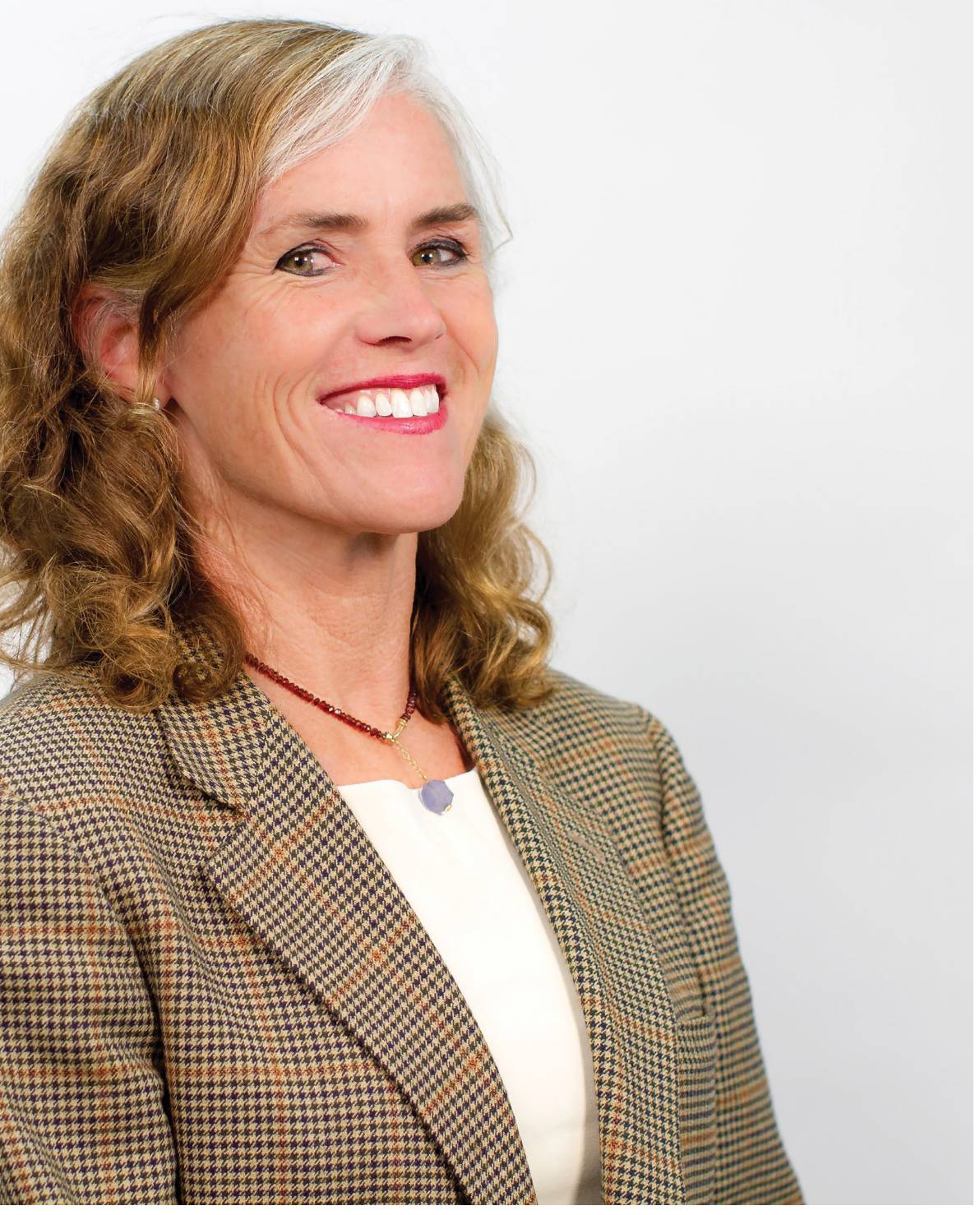Among the most vital tips to guide social entrepreneurs are the following:
1 CELEBRATE YOUR FAILURES
Every person who sets out to change the world experiences failure. Sometimes these failures will only be small bumps in the road to success, and at other times, they will be a major disaster. The key for entrepreneurs is not only to “learn from it” but to celebrate those failures. Members of our social enterprise community go beyond simply analyzing and tracking their mistakes to transform the energy from those falls into momentum to achieve greater things. This is why early on we learned from one of our young changemakers the importance of having a Courage Day and a Fuck Up Night – events that encourage our Fellows to be brave and risk failure – as part of our process of helping young social entrepreneurs in their journeys.
2 FIND A CO-FOUNDER AND TEAM MEMBERS YOU OFTEN DO NOT AGREE WITH (BUT NOT TOO OFTEN)
Few, if any, leaders ever truly have it all. Even creative giants like Steve Jobs constantly harnessed and relied upon the talent around them that complemented and contradicted them in order to be consistently successful. To create an organization geared towards sustainable growth means you absolutely must know what you are and are not good at. Only then can you find the right co-founders and team members who will help you succeed. The ideal co-founders and first team members will have different backgrounds that augment your own strengths and can make up for your deficiencies. A co-founder is also, by the way, an ideal way to get free support and knowledge when you get started. You should, however, be pretty clear with each other on your roles and expectations, because trouble between co-founders is one of the key reasons why startups fail.
3 BE TRUE TO YOUR PASSION, YOUR VISION, AND YOURSELF TO TRULY GET MOVING
Social entrepreneurs redefine what is possible by connecting their day jobs to their true purpose. Many receive feedback that their ideas will not work, that they are crazy. When you run into this pessimism, congratulations; now you know that you are on your way to becoming a true social venturer. When this happens, that is the time to follow your passion and to create a vision of how to get there. These actions will sustain that amazing big dream that will get you started and keep you moving in tough “lean” times. Because, ultimately, getting started and DOing is the most important element to social enterprise. Don’t waste too much time writing the perfect business plan and designing the perfect organizational model to meet your vision. Instead, start engaging with your stakeholders, understand your market, pilot your idea, and then iterate based on the feedback you get.


Katherin Kirschenmann is the Co-founder and Chief Program Officer for the DO School – an education social enterprise that helps people turn their ideas into action. By combining an effective innovation method with real-life implementation experience, the DO School empowers changemakers to create impact in their communities, either within existing organizations or by creating new social ventures. Through this process, participants also get to join an intertwined global network of successful DOers. www.thedoschool.org
THE BEST ADVICE I NEVER GOT
Kat Taylor, Co-founder and Co-CEO, Beneficial State Bank

“Culture matters the most. It turns out if you don’t worry about culture, you’re still going to have one, it’s just going to be an unintentional culture. Five years into the bank, we realized there was something going awry and it had to do with culture. We did a survey among all of our colleagues in focus groups and places where they could feel comfortable and they called out the 10 indicators of our highly unintentional culture. They were things like a ‘dump and blame culture’ or ‘hair-on-fire management.’ We had to go from that point to figure out what culture we did want and track a path there, but my advice is to think about culture from the get-go.”
Presented in partnership with





